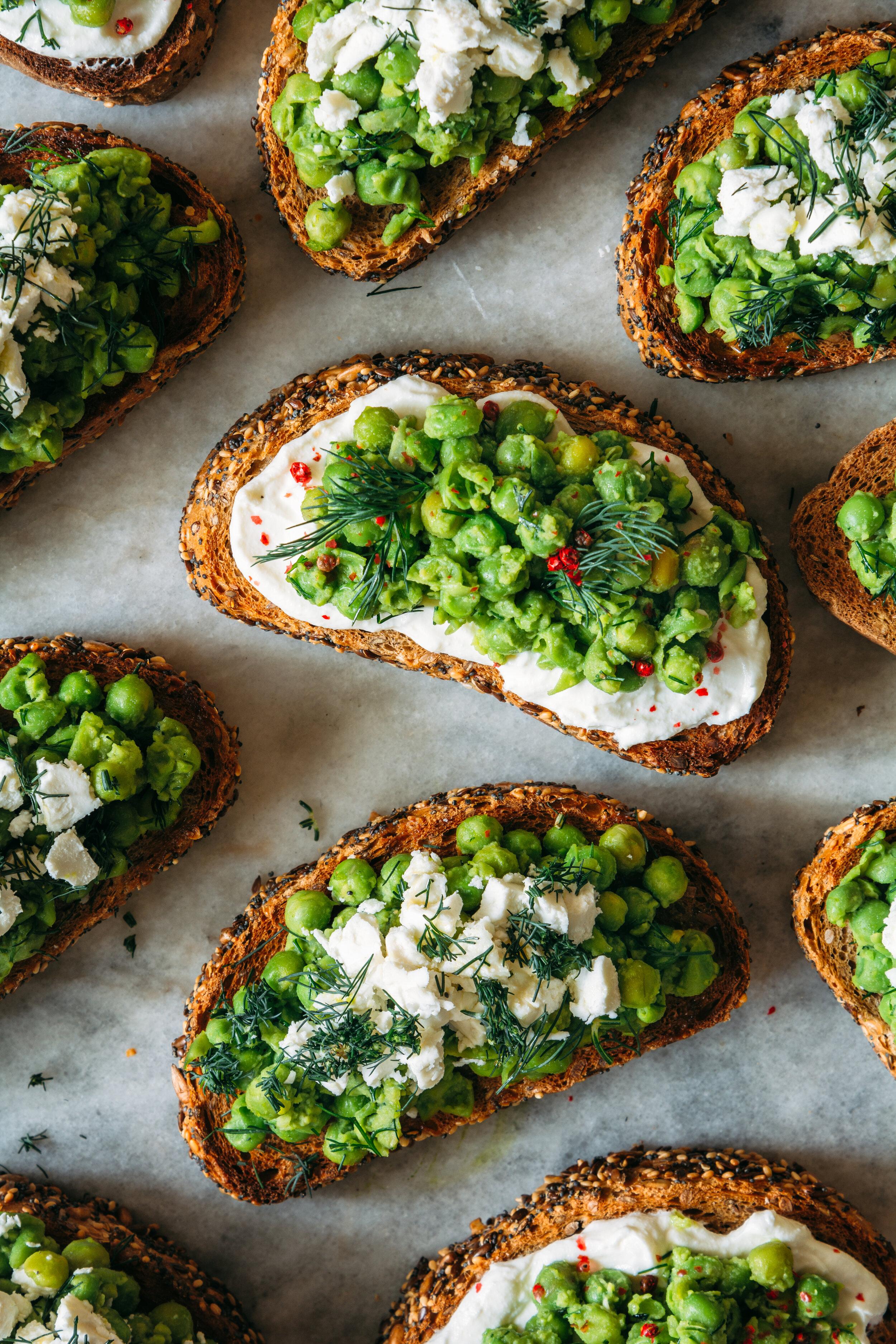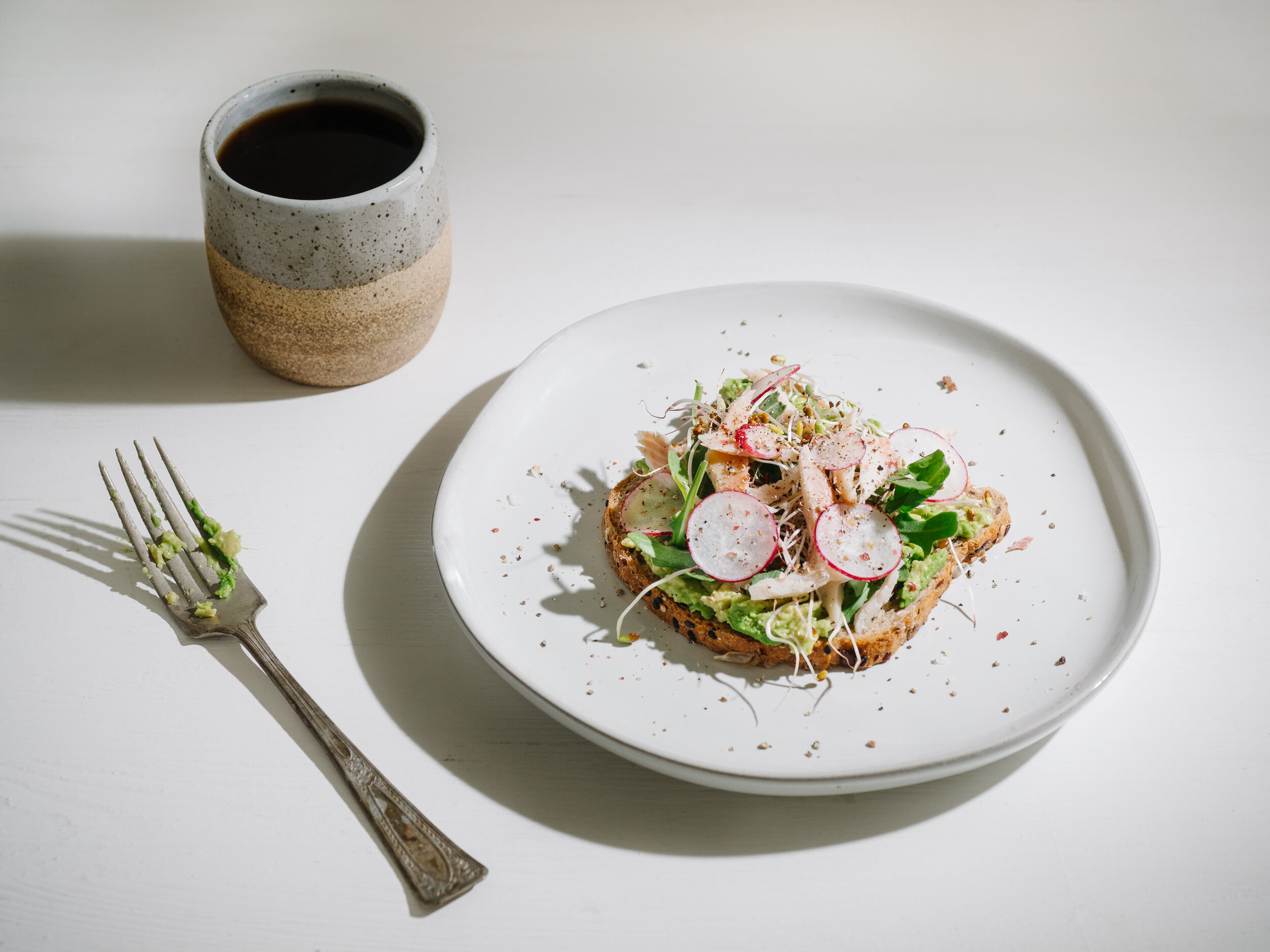
When a partner has ADHD and just…. cannot stop moving.

Winter beet salad

Golden milk

Roasted carrots with walnuts and tahini

Watermelon and feta salad

Spinach and persimmon salad

Energizing face mask

Salmon power bowl
It all begins with an idea. Maybe you want to launch a business. Maybe you want to turn a hobby into something more.

Fruit and yogurt bowl
It all begins with an idea. Maybe you want to launch a business. Maybe you want to turn a hobby into something more. Or maybe you have a creative project to share with the world. Whatever it is, the way you tell your story online can make all the difference.

Pea and goat cheese crostini

Avocado toast
It all begins with an idea. Maybe you want to launch a business. Maybe you want to turn a hobby into something more. Or maybe you have a creative project to share with the world. Whatever it is, the way you tell your story online can make all the difference.

Ginger soda
It all begins with an idea. Maybe you want to launch a business. Maybe you want to turn a hobby into something more.